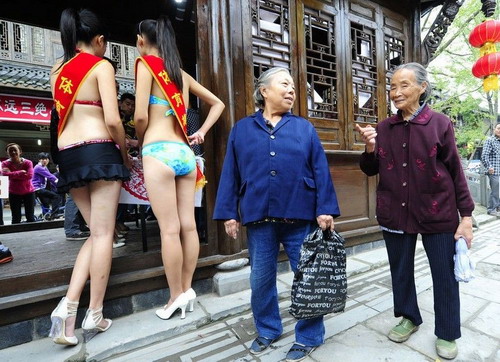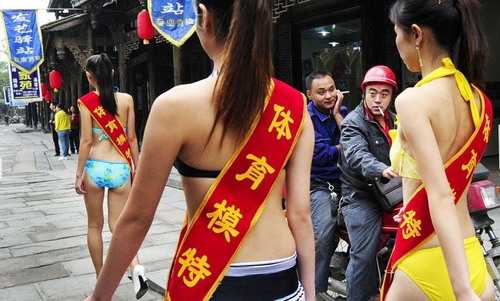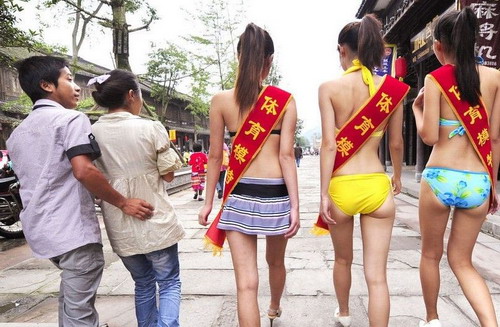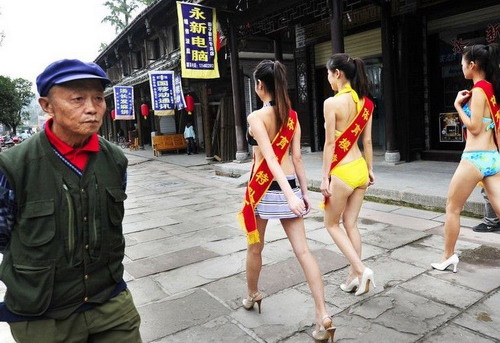Society
- Details
- By David Cao
- Hits: 870

The death toll from a coal mine gas leak in central China's Henan Province rose to 26 Sunday morning as rescuers were battling to reach the 11 miners who were still trapped underground, rescue headquarters said.
Rescuers were battling to reach the 11 miners still trapped underground, but chances for them to survive were very slim, said Du Bo, deputy chief of the rescue headquarters.
- Details
- By David Cao
- Hits: 1040

Heavy fines were handed down on Friday by the Chinese Basketball Association (CBA), but there were no suspensions arising from the national team's brawl with Brazil during a friendly game in Xuchang, Henan province on Tuesday.
Head coach Bob Donewald Jr copped the biggest fine of 50,000 yuan ($7,528) while team manager Zhang Xiong and players Zhu Fangyu, Ding Jinhui and Su Wei were fined 30,000 yuan. Six other Chinese players were fined 20,000 yuan for joining the melee.
Read more: Top News Chinese basketball team and coach handed fines
- Details
- By David Cao
- Hits: 695
China has promulgated a regulation on the administration of Tibetan Buddhist temples which stipulates, among others, that overseas individuals or organizations should not interfere in temple affairs.
The regulation, issued by the State Administration for Religious Affairs (SARA), will come into effect on Nov 1.
The regulation, which was made public in a circular on the agency's website, says Tibetan Buddhist temple affairs must not be subject to the control by any overseas individual or organization.
It also states that no individual or organization should use Tibetan Buddhism as a cover to disrupt social order and the state's education system, harm people's health, or infringe public interest and the citizens' legitimate rights.
- Details
- By David Cao
- Hits: 670
Chinese scientists are considering launching a high-profile search for an ape-like Bigfoot creature in Central China's Hubei province, nearly 30 years after the last organized expedition to seek the legendary beast in the early 1980s.
Scientists are hoping the expedition could end the long-running debate on the existence of the creature, according to Wang Shancai, a 75-year-old expert with the Hubei Provincial Institute of Cultural Relics and Archaeology, who is also the vice president of the Hubei Wild Man Research Association -- organizer of the expedition.
Located deep in the remote mountains in Hubei, Shennongjia Nature Reserve has long been rumored to be the home of the elusive creature known in China as the "Yeren," or "Wild man." It is also referred to as "Bigfoot" after the legendary North American ape-man.
More than 400 people have claimed Bigfoot sightings in the Shennongjia area since last century, but no hard evidence has been found to prove its existence.
Read more: Society Scientists to resume search for ape man in C China
- Details
- By David Cao
- Hits: 2067




Women wear swimsuits with Chinese characters "Sports Models" written on red sashes in a promotion campaign on Chouzhou street in Chengdu, Sichuan province on Sept, 27, 2010. They drew the attention of many passersby.
More Articles …
Page 138 of 255